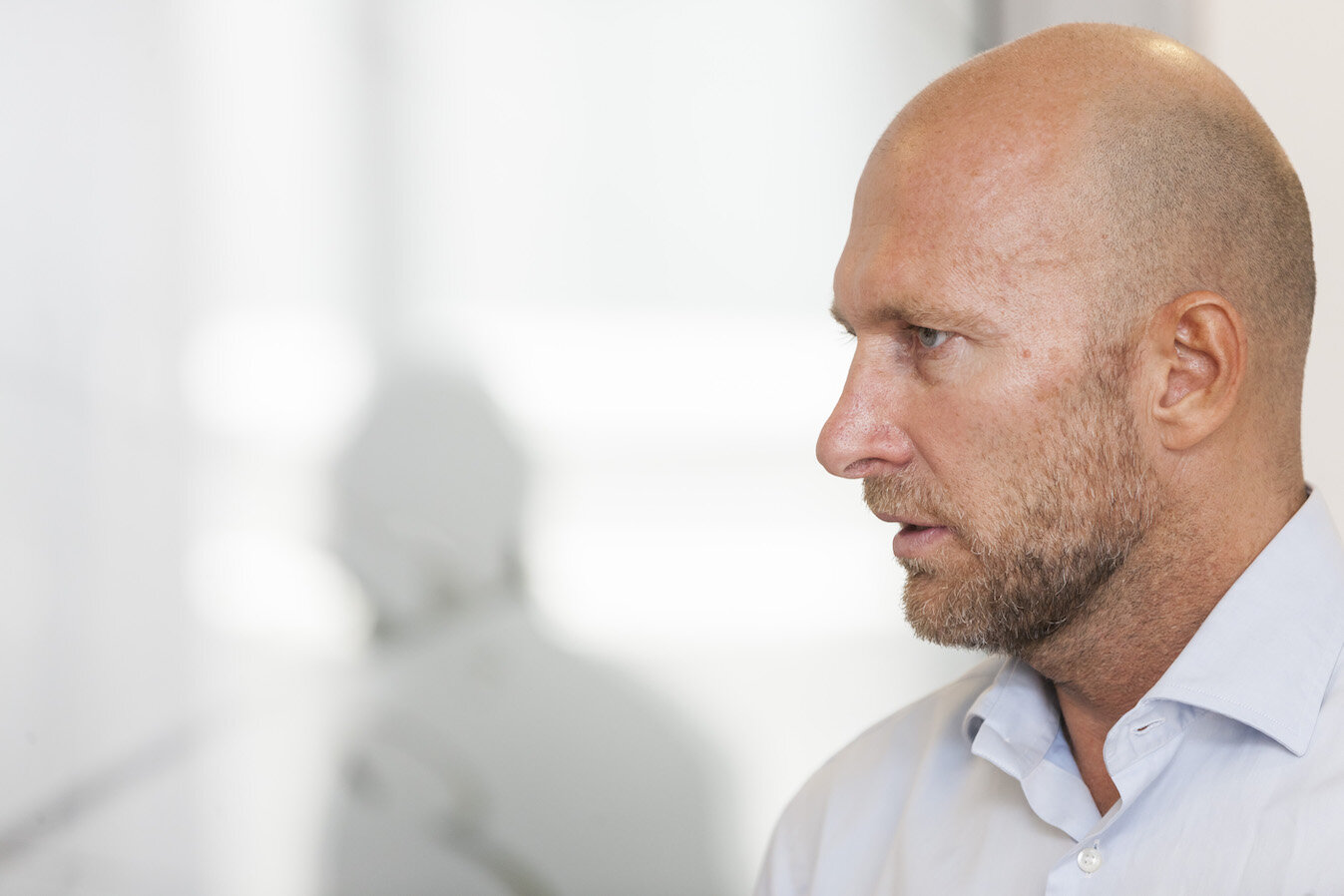When the police ask for help
Could you write and shoot a beautiful atmospheric film about… terrorism in the making?
That sounds like a tricky one to pull off. But if it is a request from an immensely powerful international network, then it might be difficult to resist jumping to accept the invitation. Pulling off the achievement may be not so easy. But the result, Project Litmus, has such standout cinematography it went on to become one of Cresta’s winners.
For Omar Khalifa, the director and executive producer, and his team at The Filmhouse in Doha, Qatar, it was just such a call that began the project that led to becoming a Cresta winner. Here he answers our questions.
The open format ‘allows the story to lead the charge’
Cresta Can you say how the Project Litmus project came about and how it came to have this approach - a 'slow burn' of a subtle and intriguing film, with character depth and dramatic intensity. It must have been quite an investment for the client. At 11m 45 second long it also requires a commitment in viewing from the intended audience. How was this bold step arrived at in the creative strategy?
Omar Khalifa It’s not often you have INTERPOL on the other end of the phone. And that’s probably a good thing!
We were approached to make a chemical awareness video that would be played to key stakeholders in the MENA (Middle East North Africa) region. That’s a sat audience of government officials, police, first responders and everyone in between. We knew there would be products, presentations and speeches during those conferences, so we came up with something more narrative-based and slipped in key messages that the conference leaders could refer to and discuss with their audience.
We wanted to create a narrative in which the audience could see themselves and show situationally – not tell via powerpoint – what chemicals to look out for, when to be inquisitive, what questions to ask, and importantly, that reporting suspicions based on this evidence is the right thing to do.
For decades, civilians in the MENA region have been plagued by the carnage of Improvised Explosive Devices (IEDs) as either direct targets or collateral damage. They’re the most widespread explosive used in the world and statistically the most harmful. We’re filmmakers, but a brief that had the intention of working to prevent and slow this carnage, was extraordinarily important to us.
The film has a unique length. Was it just driven by the story you wanted to tell, or were other factors influencing the format/length of the film?
We had no parameters, which, with events, is a beautiful thing to have. No 60s or 30s to churn out, just the story itself leading the charge. We didn’t want it to be too long, it’s a purposeful little short, written quite tightly.
Were there challenges and changes to the script? What was most controversial? Did you have edit any elements out?
With MENA as the focus, our actors, locations (Qatar and Morocco), props and dialects were chosen carefully to be accessed by the region as a whole. It would be incorrect and politically dangerous if we said all terrorism comes from a particular country. As INTERPOL is a neutral law-enforcement organisation, it was important that it was an issue-led focus, for a MENA audience of first responders, and not something that targeted any single country or location.
Also, while we wanted to feature key ingredients of homemade explosive devices, so as to educate our audience on what to look out for, we were cautious not to give recipes or instruction. It’s quite frightening. The chemicals involved are affordable, accessible to the public, and often purchased at local supermarkets, which was the broad undercurrent of the film. A homemade explosives laboratory can look like a kitchen with common ingredients and tools for cooking and baking.
You are working in an area where you might be stepping on sensitive topics: how you depict terrorists, how you depict first-response workers, etc. Were there 'taboo' topics that you were aware of encountering or avoiding?
The most predominant region where IEDs have been used by terrorists is the Middle East. Our young bomb-maker is a disillusioned youth on the periphery of society. He’s a specific type, regardless of nationality. By typecasting, we didn’t say too much. And Mansour, our lead, says three words during the entire film so as not to give the audience a need to probe where he comes from. The fact that he was a Brit, and his Arabic (he isn’t Arab) was delivered with the finest of cockney accents, helped.
During the pre-production and planning phase, we were thrown quite an unusual curveball. Qatar fell under blockade by its neighbours. As such, knowingly shooting a film showing fictional terrorist activity on location in Qatar (and Morocco), could have flared up sensitive issues. We had to be cautious about not showing details that might define a location, from signs, to license plates and external vistas.
What next? Is there going to be any follow up to this work?
Yes! Very much so. The story bible has been written! With what amounts to a little teaser for a series, albeit it in the form of a client film for INTERPOL, we’re discussing the possibilities of making Aqila an internationally-appealing Arabic TV show. A blood-drenched crime thriller with a reckless chemical weapons cop whose life is scarred by an unspeakable tragedy… Part Homeland (Showtime), part Marcela (ITV), part Shame (McQueen), with INTERPOL as our consultants.
For INTERPOL themselves, Project Litmus is just one of their capacity-building initiatives. They have a number of crucial campaigns that would live well in this format.
A case study film of Project Litmus can be viewed here.























